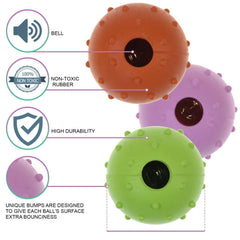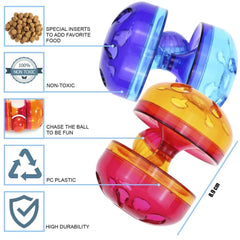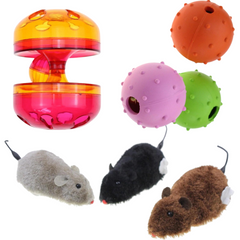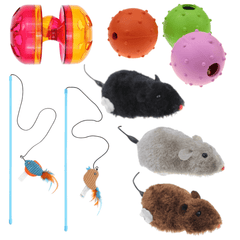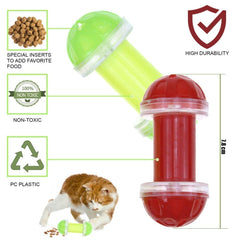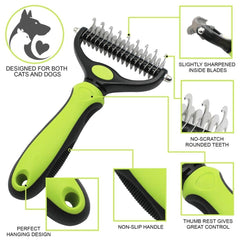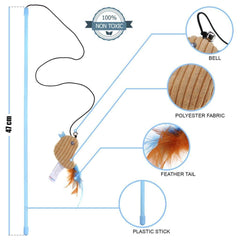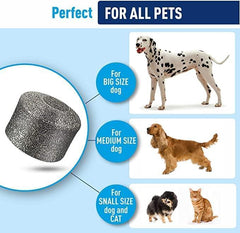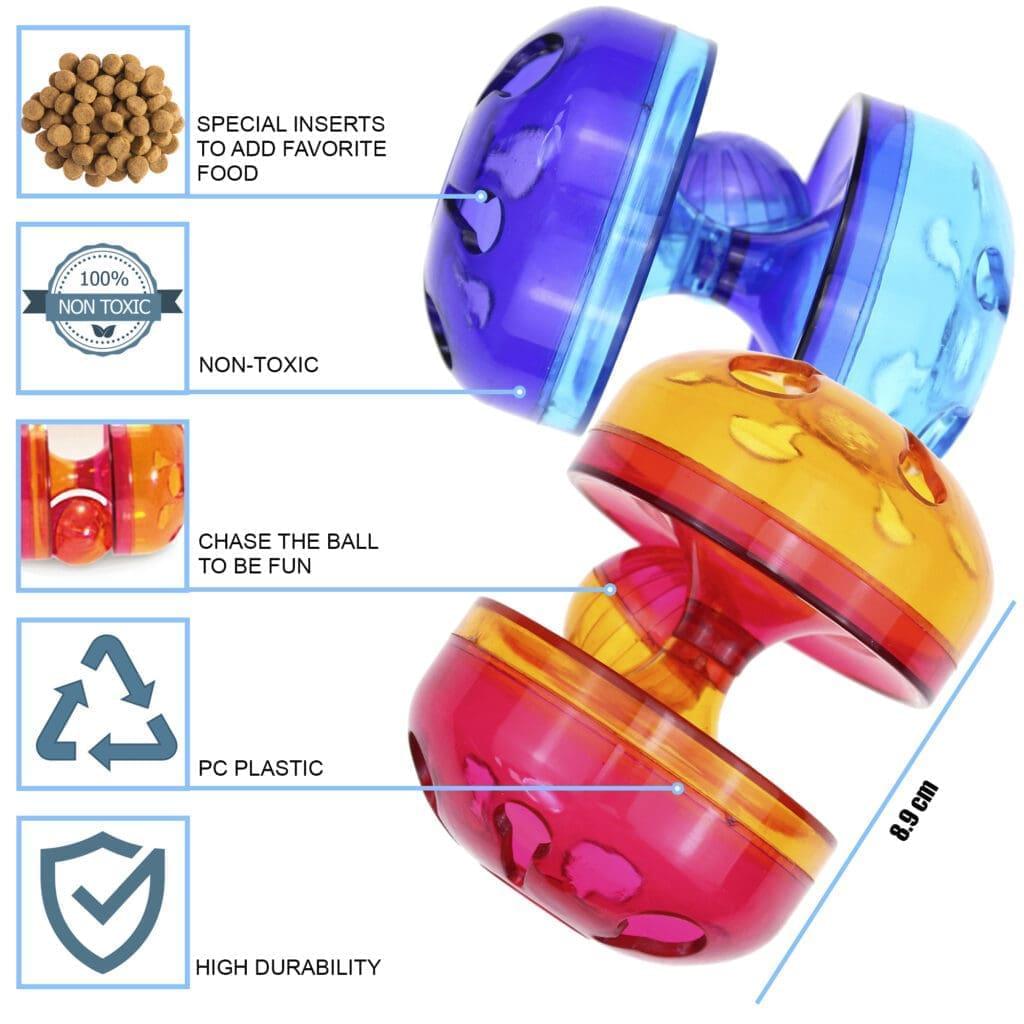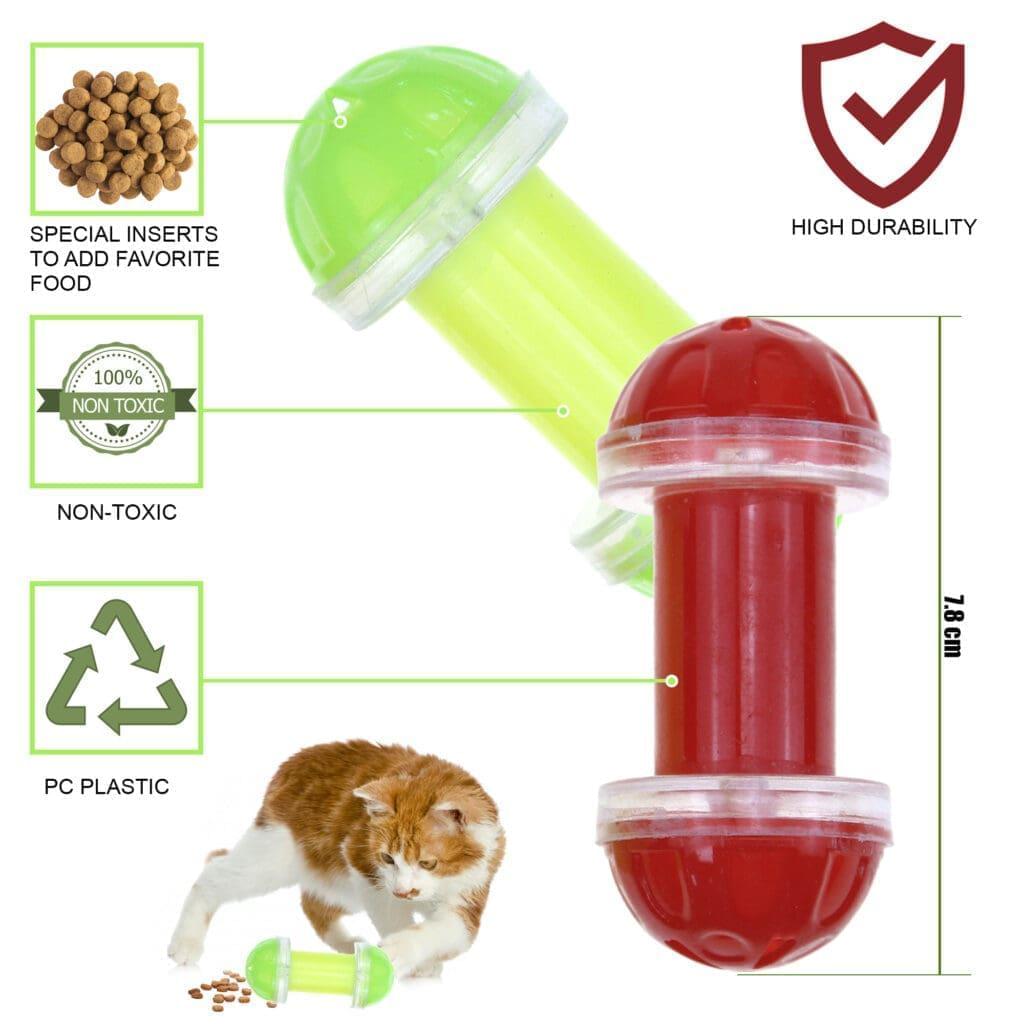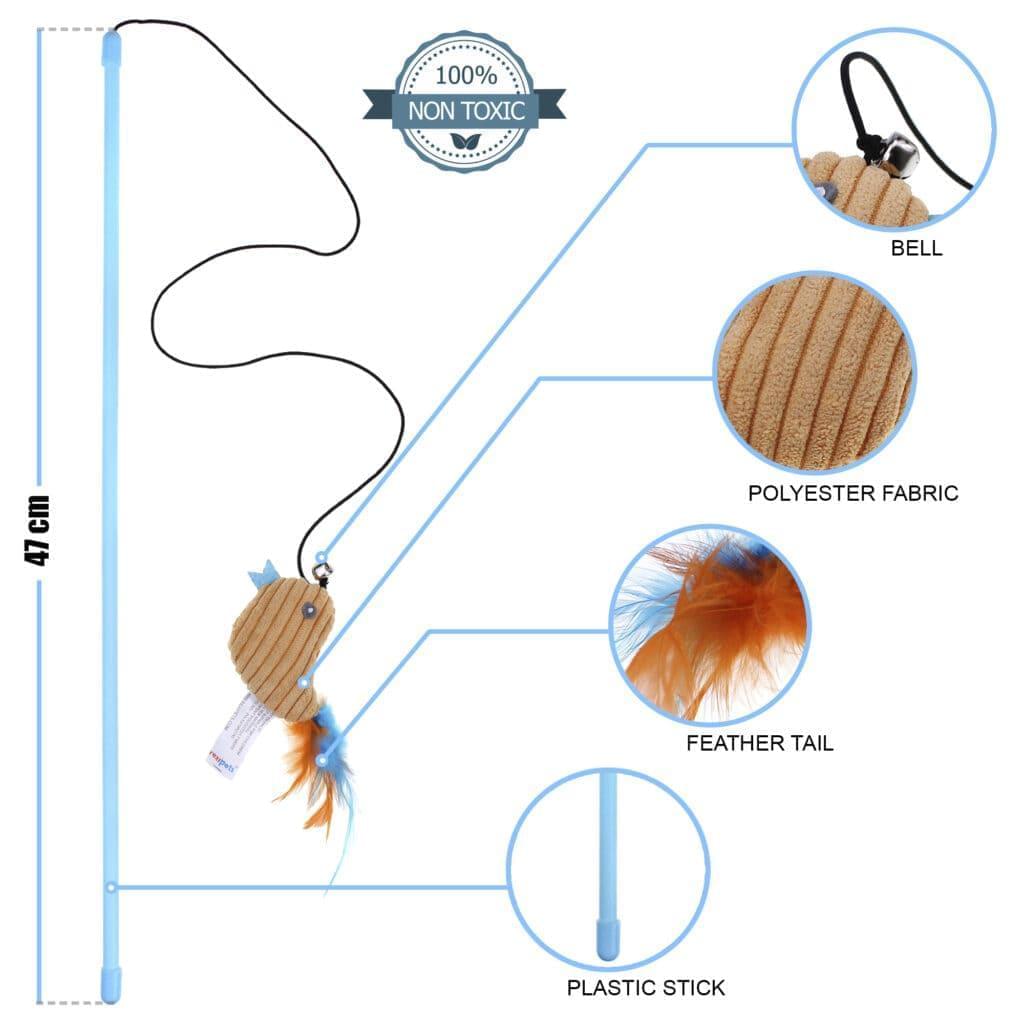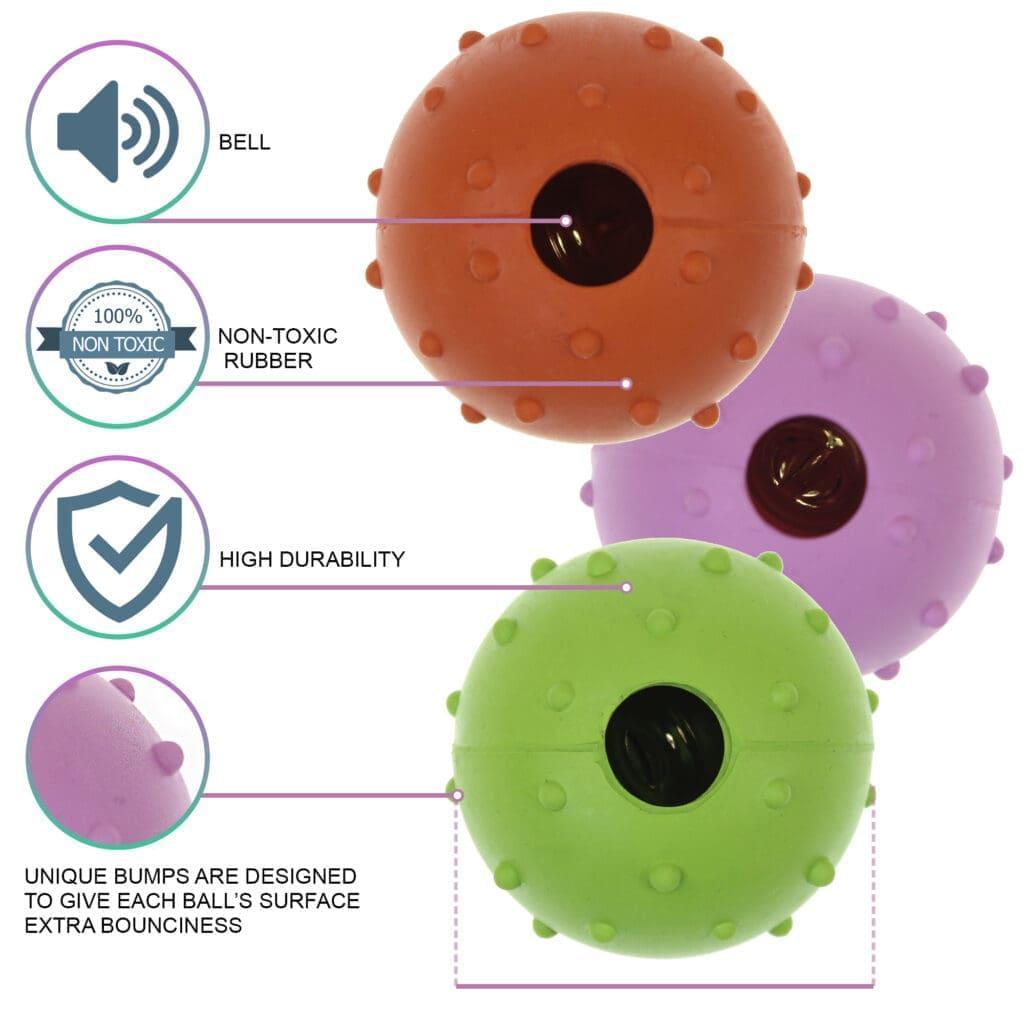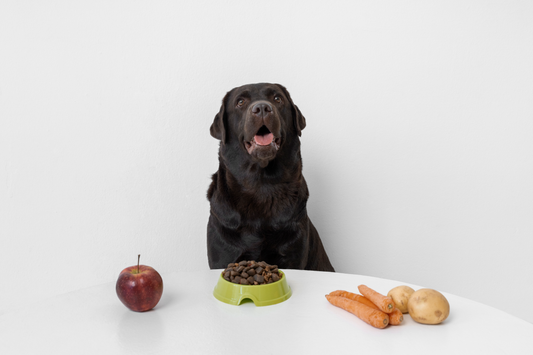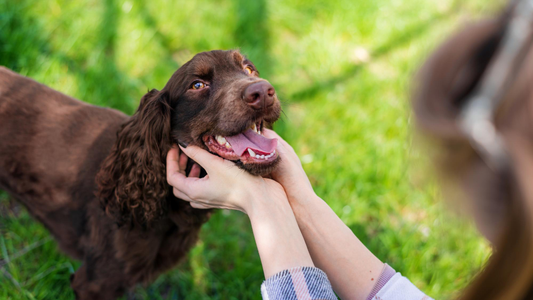
Have you ever wondered why your cat loves nibbling on your wooden furniture? It's a common puzzle for pet owners.
In this article, we'll explore what it means if cats are chewing on wood and different factors that can cause your kitty to chew on wood. We'll also discuss different ways to stop your cat from chewing on wood furniture.
Figuring out why your feline friends obsess with chewing or scratching your wood furniture can help you avoid the damage.
So, without delay, let's find out how you can deal with your cat chewing on furniture.
What Does it Mean if Cats Chew on Wood?

Cats do some strange things because they're curious. But if your cat starts chewing on things like wood and not-food stuff, it's not something to ignore.
It might mean your cat has a condition called PICA. That's when cats chew on things that aren't food, like wood or electric cords.
PICA can happen because of health problems like obsessive-compulsive disorder, teeth issues, or not getting enough minerals in their food.
It is important to understand this condition better, and then we can talk about ways to stop it.
What Causes Your Cat to Chew on Wood?

PICA is a medical condition in which cats start chewing on non-food items that lack nutritional value. It's like a craving for things that aren't food.
There are several reasons cats might develop PICA, and understanding these factors can highlight the behavior.
Some of the primary reasons include:
-
Genetics
Because of their genes, some cats might have a greater chance of chewing on non-food things like wood. It seems to be more common in breeds like Birman and Siamese.
When these cat breeds mix with others, these chewing habits can get passed down to the new kittens. So, it's like a family thing – if a cat likes chewing on stuff, the kittens might too.
Knowing this helps breeders be careful when mixing breeds, and it tells pet owners to watch out for chewing habits in certain types of house cats.
Even though genes can make a cat more likely to chew on things, their surroundings and how they grow up also play a part in their behavior.
-
Dental issues
Cats with dental problems like tooth resorption, periodontitis, or gum disease might start chewing on things to relieve their pain and discomfort.
To help prevent these dental issues, taking care of your cat's teeth using special toothbrushes made for cats especially is important. Keeping their teeth clean and healthy can avoid the discomfort that leads to chewing habits.
Moreover, giving your pet or cat dental chew toys can also help with the pain and discomfort.
-
Obsessive-compulsive disorder
This condition makes cats perform certain actions repeatedly, even if these behaviors don't have a clear reason.
Chewing things excessively is one example of this repetitive behavior. Other behaviors linked to this disorder include excessive grooming or chasing their tail.
-
Behavioral disorder
A cat that feels bored might develop a furniture obsession. Cats can become bored for various reasons, such as being alone, adjusting to a new place, not getting enough physical activity, or even feeling down.
A certified cat behaviorist can provide behavior modification recommendations if your cat has a behavior issue.
They can suggest ways to keep your cat occupied and help your cat stop fixating on furniture through behavior modifications.
-
Mineral deficiency
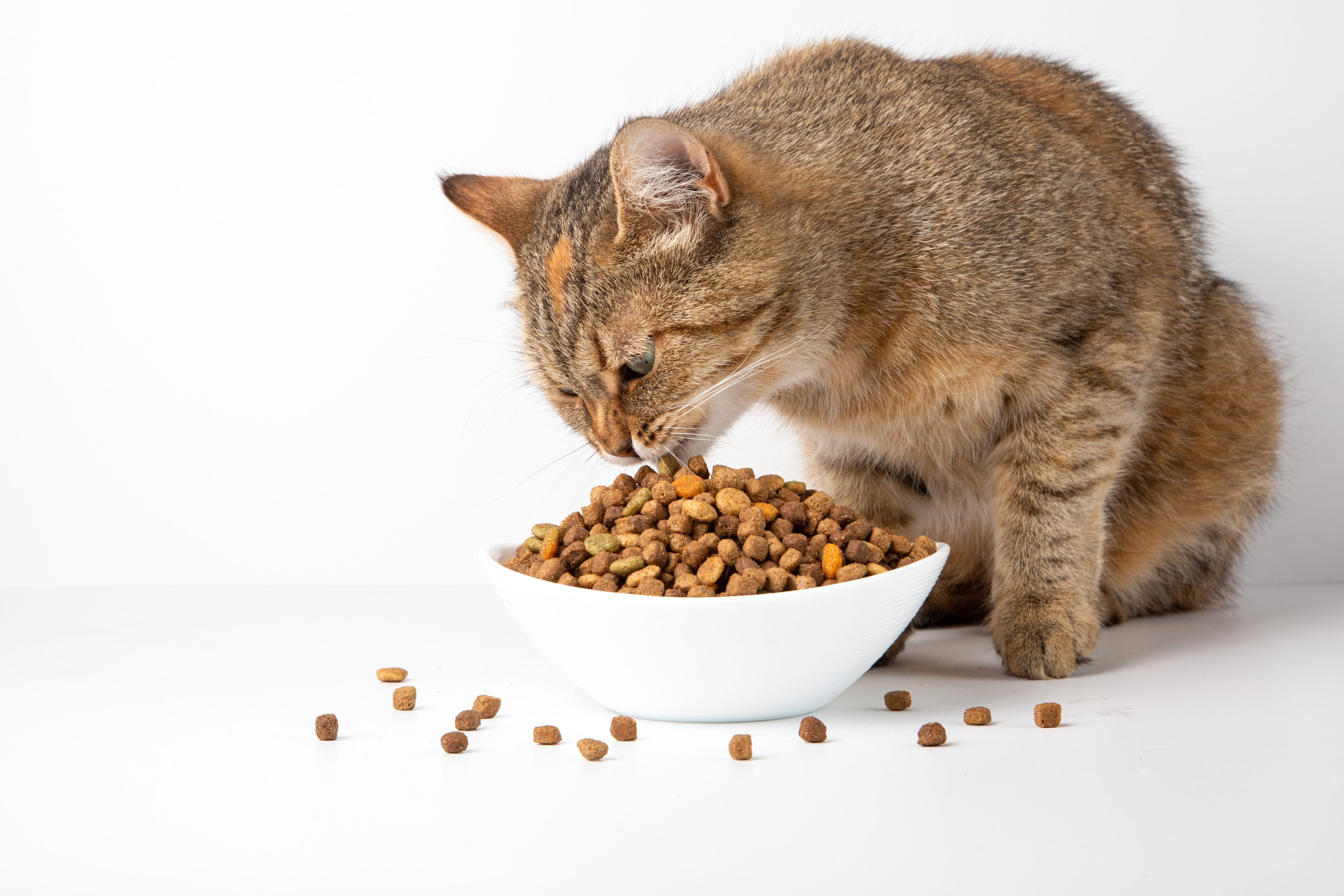
If your cat's meals are missing a specific nutrient or mineral, they might try to find it in other things that aren't food. Cats need to get all the important nutrients, or most of them, from their food.
Make sure the cat food you give your cat has all the nutrients they need based on their lifestyle. Providing a nutritious diet is vital to keep your cat healthy and prevent them from seeking out missing nutrients in non-food items.
-
Other medical conditions
If your cat has the Feline Immunodeficiency Virus (FIV), diabetes, or feline leukemia, they might start chewing on things.
It's a good idea to visit the vet to make sure your cat doesn't have any of these medical conditions. A proper diagnosis can help the veterinarian address the underlying issue and provide the appropriate treatment.
PICA Challenges
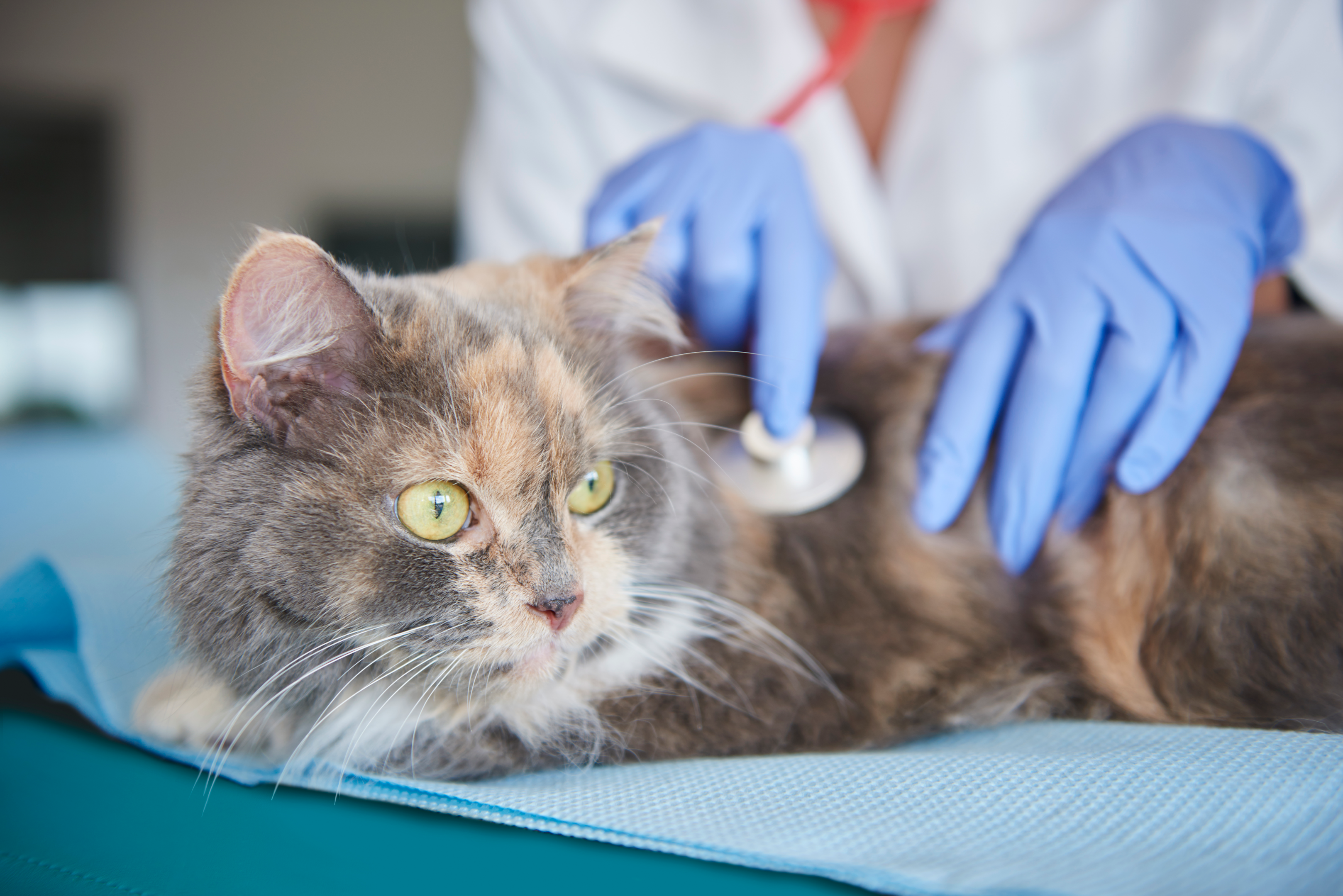
Chewing on wood can cause big problems for your cat. One issue is getting splinters in their paws, which hurts and might lead to infections if not taken care of quickly.
But if your cat swallows the wood, it's even more serious. It can block their intestines and cause life-threatening intestinal obstructions.
The furniture wood they chew on sometimes has chemicals that can be harmful to your cat. So, stopping them from chewing on wood is important to keep them safe and healthy.
Moreover, watch out for signs like throwing up, low body temperature, general fatigue, having runny poop, loss of appetite, and having a sore belly.
How to Stop Your Cat from Chewing on Wood?
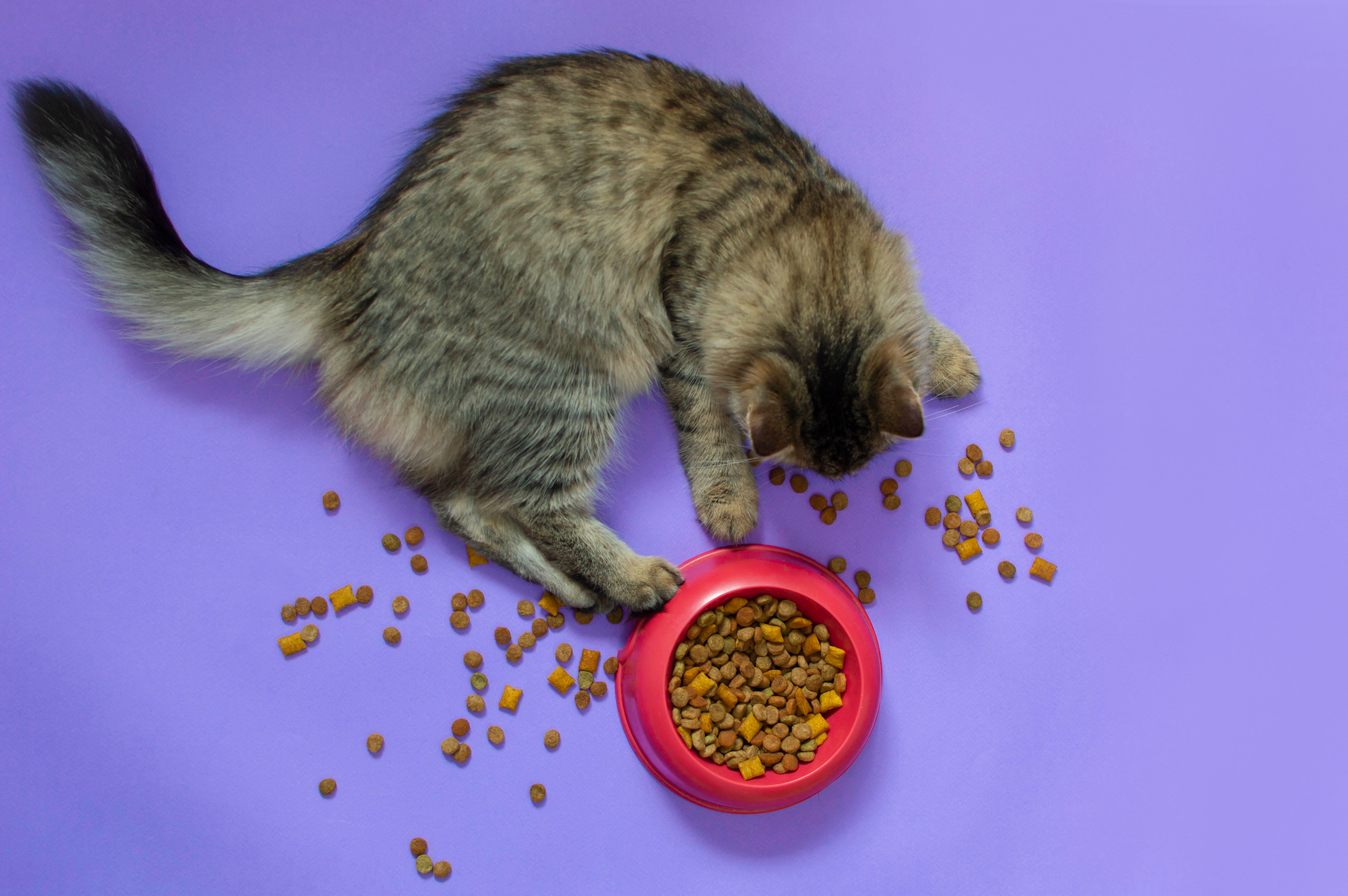
To deal with the chewing obsession, offer safe treat alternatives like cat-safe chicken or turkey jerky for your cat to chew on.
Make your home interesting for your feline friend with cat toys. Put up shelves with their favorite things, get tall cat trees, and bring in interactive toys or tract toys.
Puzzle boxes can be cool, too. Just make sure they're safe to have cats chew on.
Keep a consistent schedule and steady routine for your cat with regular meals and playtime. Use timed feeding stations for small meals throughout the day.
Spray wood with something cats don't like, such as Bitter Apple spray. If that doesn't work, try a bit of hot sauce.
Final Words!
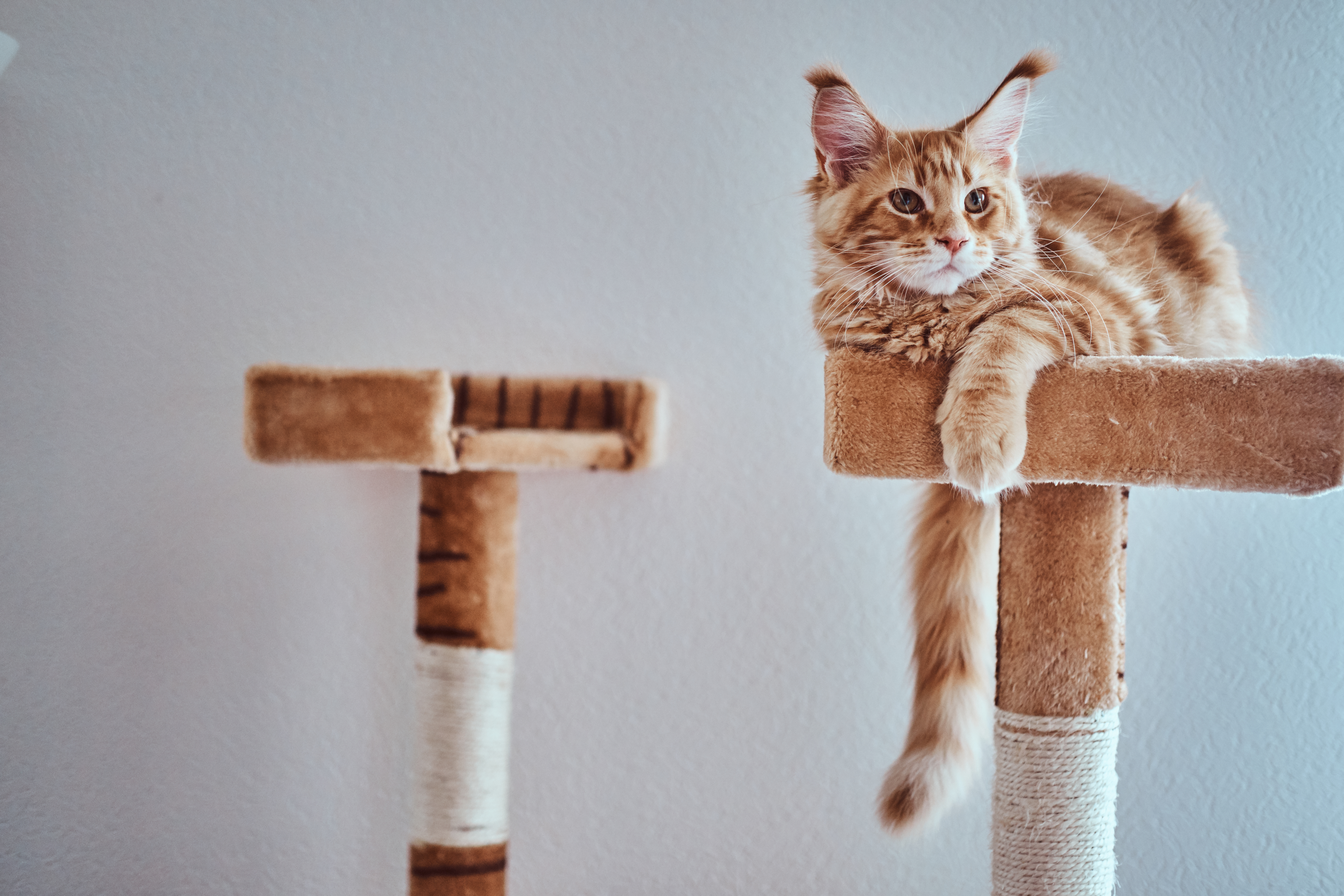
To sum up, figuring out why your cat chews on wood is important. To address any issue, it is important to know the root cause of it.
It could be due to health issues, boredom, or other reasons.
But by giving them safe things to chew, making their environment interesting, sticking to a routine, trying training methods, and using sprays to deter them from chewing, you can effectively help stop this behavior.
